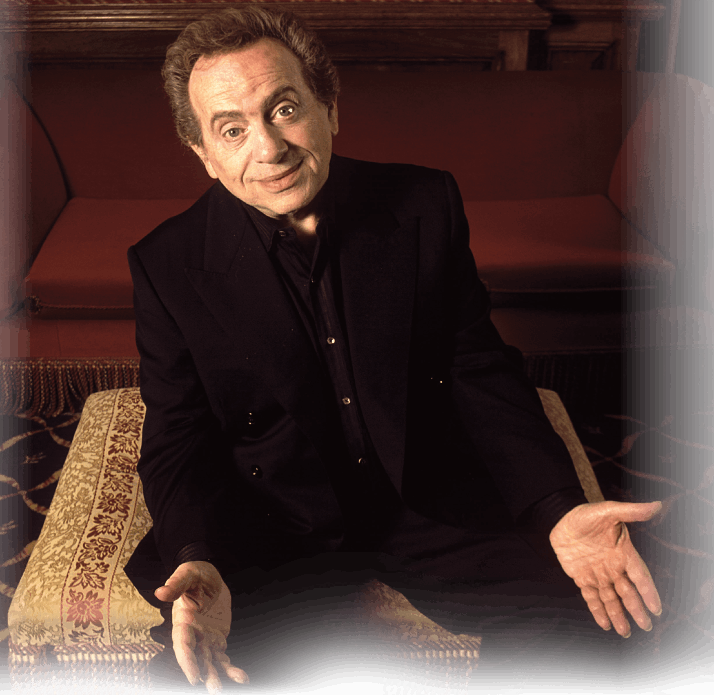
The Jackie Mason Memorial Fund
Throughout a 60-year career, legendary comedian Jackie Mason delighted audiences with his brilliant wit and irresistible humor. His incredible flair for capturing the comical endeared him to legions of fans worldwide.
The Jackie Mason Memorial Fund was created by a core of family and friends to perpetuate Jackie’s memory by sponsoring charitable endeavors that were close to his heart. Among the causes he cared about most are Jewish education, adolescent mentoring and counselling, scholarships for higher learning, and careers in community service and development. The Fund will support institutions and organizations dedicated to these goals.
With the generous contributions of those who loved the world’s funniest man and appreciate the remarkable footprint Jackie left behind, The Jackie Mason Memorial Fund will ensure the perpetuation of his legacy for generations to come. Read more about the Jackie Mason Memorial Fund...

I’m the greatest comedian in the world only nobody knows it yet.
A legacy of laughter
Donate To The Jackie Mason
Memorial Fund

To make a donation that will be tax-deductible in the UK, please visit www.achisomoch.org and select 'The Jackie Mason Memorial Fund'.



